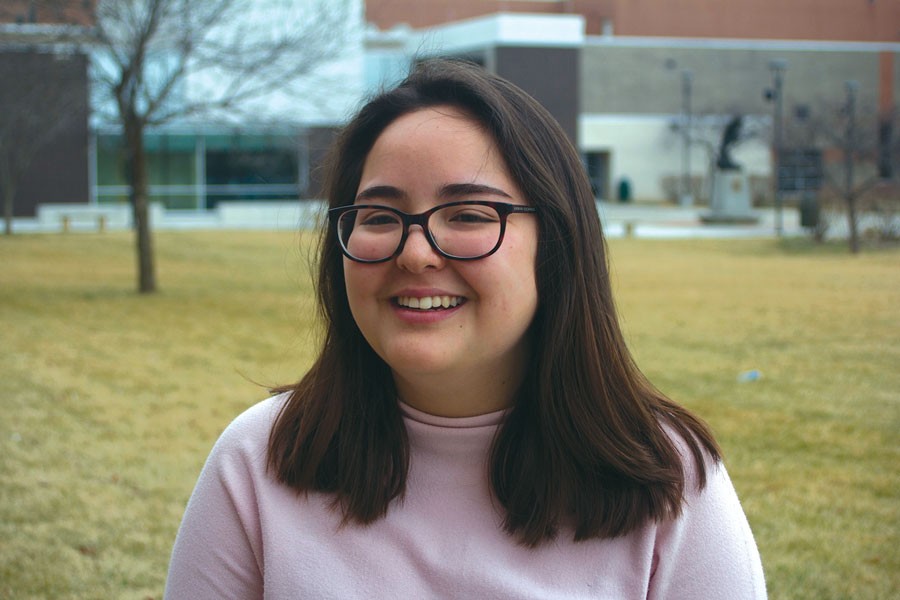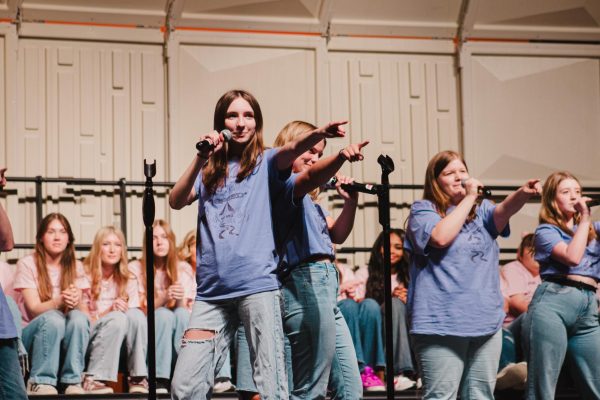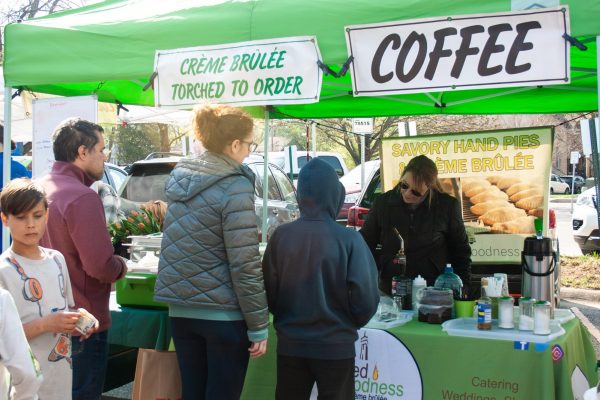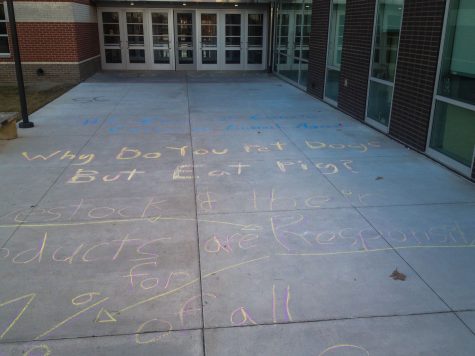Future copy editor describes experience of being biracial
Juna Murao is a sophomore and an avid member in the Environmental Club. Next year she’ll become one of the copy editors for the journalism staff. She’s mainly interested in environmental science, writing and art history.
No matter where I am, what I am wearing or what I’m doing people always ask me, “What are you?” Just like any hafu, the Japanese word for biracial, I became familiar with the question so much that I have a practiced routine for the question. People tell me I’m white because I “look white,” but when I mention I’m also Asian they say “oh, yeah I can see it in the eyes.” So where does that leave me? I’m not fully accepted in the white community, but I can’t fully blend into the Japanese community either.
There is an incredible difference between America and Japan about the social concept of being half a race. In America, the land that was formed from foreigners, many people don’t really give biracial people a second thought. In Japan, however, they don’t see many foreigners, so when they asked me what nationality I am, I could always sense condescension, saying, “Wow, your Japanese is really good.” They feel as though I am a foreigner who took Rosetta Stone instead of growing up speaking the language.
I was born in Japan, since my family moved to the U.S. I visit every year. I love the feeling of being a part of a rich culture and a distinguishing race, but it breaks my heart to hear that people don’t think I belong in Japan.
America isn’t so perfect, even though it’s considered a melting pot of races, the follow up question is usually if I can speak Japanese.
“Can you say ‘blank’ in Japanese?” I hate that question, it makes me feel as though I’m an animal at a zoo in which people would idly stare at me. I am not going to entertain people by speaking Japanese; it’s not some party trick that they’ll soon forget. People only see the entertainment and uniqueness of the language instead of the culture behind it. Submission to their request only feeds their opinion about how exotic Asian culture is and seeing our culture as somehow different or better that others.
I’m often confused for other ethnicities like
Filipino, Native American, Spanish, Italian or even Middle Eastern. People don’t question my dad’s nationality, but then a generation later they decide that I’m not “Asian” enough. Even in the word “hafu” I’m considered half a culture, not fully accepted within either society.
Free State makes a conscious effort in trying to acknowledge different cultures and nationalities. I don’t think some of students in Free State exactly know how to deal with peo- ple of different backgrounds. Some individuals become lazy to try to understand individuals viewpoint and their experience as a person of color.
Your donation will support the student journalists of Lawrence Free State High School. Your contribution will allow us to purchase equipment and cover our annual website hosting costs.










